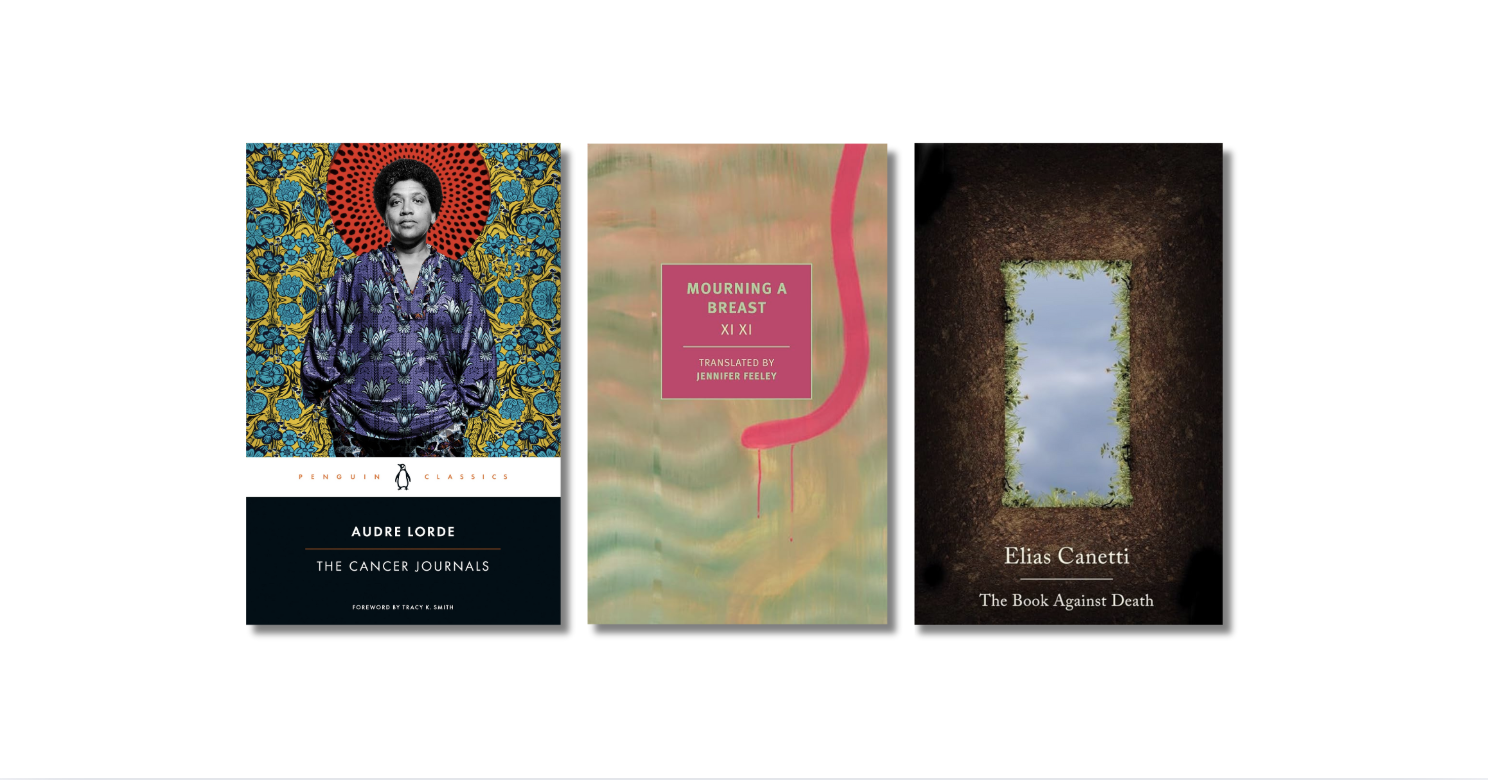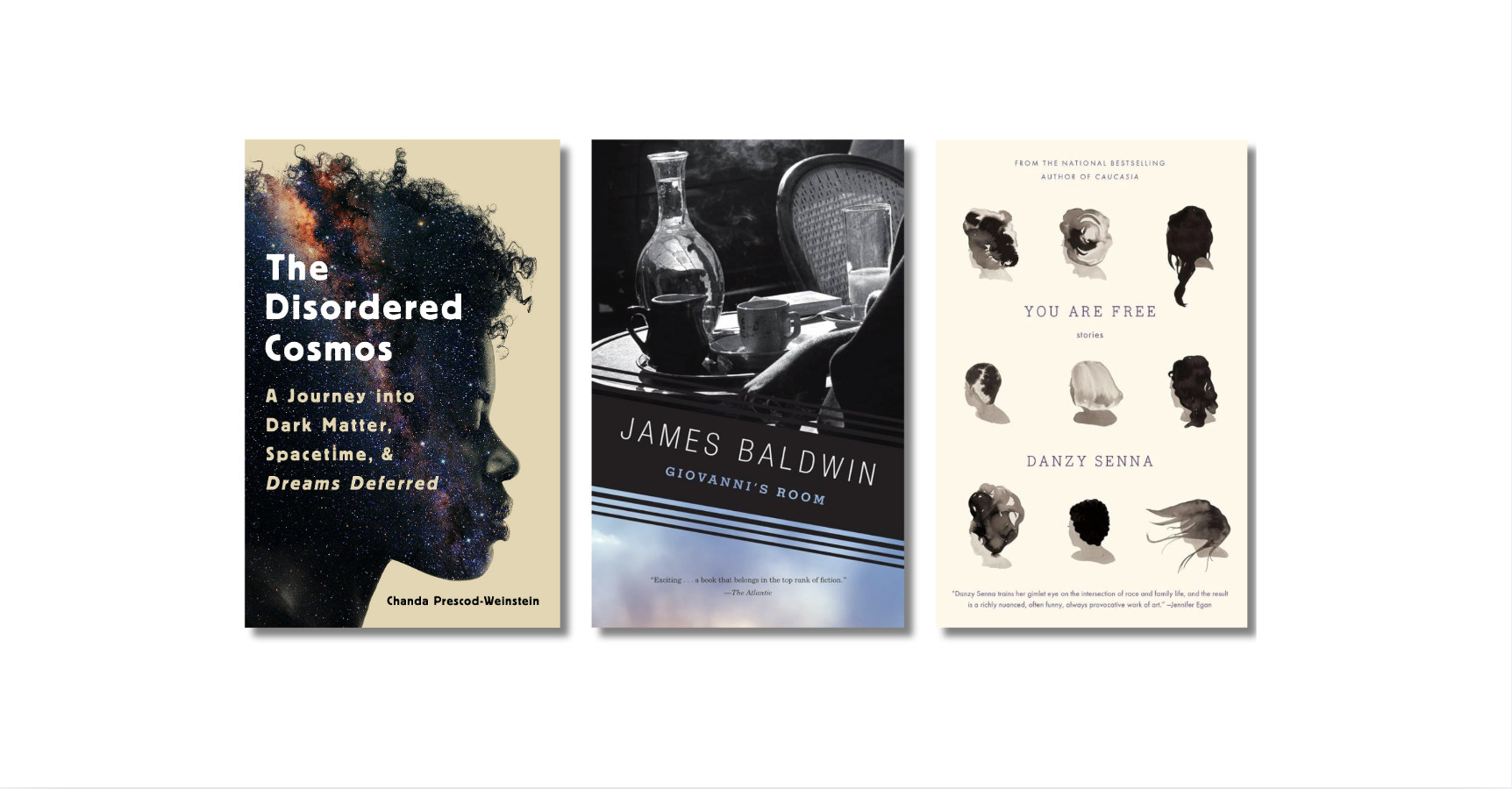Many readers may know David Bowles from his Twitter feed, where he schools us on Mexican and Latin-American cultural touchstones and indigenous languages. And he has the academic and literary chops to back up his tweets.
Bowles—who self-identifies as half Chicano from South Texas—is an assistant professor at the University of Texas Rio Grande Valley and the author of 14 books. He was inducted in 2017 into the Texas Institute of Letters in recognition of his literary accomplishments and is the recipient of many awards, including from the American Library Association, the Texas Institute of Letters, and the Texas Associated Press. Bowles’s books include the Pura Belpré Award-winning The Smoking Mirror, and Feathered Serpent, Dark Heart of Sky: Myths of Mexico, which was one of Kirkus Reviews’s Best YA Books of 2018.


 This year, Penguin will publish The Chupacabras of the Rio Grande, co-written with Adam Gidwitz, and Lee & Low Books will release Clockwork Curandera, a graphic novel illustrated by Raúl the Third. Additionally, Bowles’s Nahuatl translations of the late Francisco X. Alarcón’s poetry will appear in the 25th-anniversary edition of Snake Poems: An Aztec Invocation, which will be published by the University of Arizona Press.
This year, Penguin will publish The Chupacabras of the Rio Grande, co-written with Adam Gidwitz, and Lee & Low Books will release Clockwork Curandera, a graphic novel illustrated by Raúl the Third. Additionally, Bowles’s Nahuatl translations of the late Francisco X. Alarcón’s poetry will appear in the 25th-anniversary edition of Snake Poems: An Aztec Invocation, which will be published by the University of Arizona Press.
In September, Cinco Puntos Press published Bowles’s most recent book, They Call Me Güero: A Border Kid’s Poems, which was selected as a School Library Journal Best Book of 2018, a Shelf Awareness 2018 Best Books of the Year, and NCTE 2019 Notable Verse Novel.
This latest effort is filled with Bowles’s trademark humor and bilingualism (not to worry if you struggle with Spanish: there is a handy glossary at the end of the book). And in this time of heightened anti-immigrant political rhetoric emanating from the White House, such a book is a welcome balm for what ails us as a nation. Indeed, They Call Me Güero should be in every classroom across this country because it does what literature does best: it humanizes “the other”—while also letting border kids know that they are not alone, while celebrating their multicultural community. Bowles kindly agreed to sit down with The Millions and answer a few questions about his latest book.
The Millions: Why did you choose to write a novel-in-poems rather than a traditional novel?
David Bowles: Actually, the question you might ask is “why a novel-in-poems rather than a collection of poetry,” because that was my original intention.
 The book’s genesis was the poem “Border Kid,” commissioned by Sylvia Vardell and Janet Wong for their anthology Here We Go, put together in response to the anxiousness kids of color were feeling at Trump’s election. The speaker of the piece is a Chicano kid living on the border who goes with his dad to the little town on the Mexican side. When they’re driving back, the border fence makes the boy sad, but his dad reassures him that it cannot stop his heritage “from flowing forever, like the Río Grande itself.”
The book’s genesis was the poem “Border Kid,” commissioned by Sylvia Vardell and Janet Wong for their anthology Here We Go, put together in response to the anxiousness kids of color were feeling at Trump’s election. The speaker of the piece is a Chicano kid living on the border who goes with his dad to the little town on the Mexican side. When they’re driving back, the border fence makes the boy sad, but his dad reassures him that it cannot stop his heritage “from flowing forever, like the Río Grande itself.”
That poem got reprinted in the Journal of Children’s Literature, and when I was inducted into the Texas Institute of Letters in April of 2017, it was one of the pieces I read before the members of TIL. Afterward, Bobby Byrd of Cinco Puntos Press approached me and said, “If you can write another 50 poems in this kid’s voice, I want to publish that book.”
So I did. At first, however, there were multiple sections, only one of them telling the story of the unnamed protagonist/speaker and his seventh-grade year. Other sections were about celebrations, traditions, music, poetic forms, etc.
It was Bobby Byrd, working as editor of the book, who realized it wanted to be a novel-in-poems. When he pointed this out to me, I pouted for a bit, then re-read it all. He was right. There was a story that wanted telling. Manos a la obra.
TM: Though the action takes place in the present, there appear to be many autobiographical elements to the poems. Is “Güero”—the pale-skinned boy who is at the center of these poems—based on you and your experiences?
DB: I certainly dug into my own experiences as a half-Chicano child in deep South Texas in the 1970s and ’80s. But I filtered that through the lens of my son’s life and the struggles of other kids we know, like the undocumented girls and boys in our community who now fear for themselves and their families. Perhaps 30 percent of it is fictionalized versions of things that happened to me. Another 30 percent I lifted from the lives of my son and other kids. The remainder is fictional, though informed by what we see daily in our community.
After a few poems, it all blended together in just the right balance, like a good pico de gallo. I could hear the boy just as clear as a bell. He didn’t need a name. He’s the güero, the light-skinned kid in his extended family, a 12-year-old with one foot in mainstream America and the other in his family’s Mexican American traditions. A Gen-Z gamer who goes to Spanish-language mass, a dreaming reader who runs through the monte—the brush—with his dog.
In that sense, sure, he’s me. No, that’s not quite right. He is all of us traviesos, que no? Mischievous and big-hearted, maybe softer than the men in his family might want, but ready to stand up for what he believes in.
TM: How did you approach developing the narrative arc for this collection?
DB: Once we decided that the collection was going to be a short novel instead, Bobby Byrd asked me to restructure the poems, putting everything in chronological order. Then we took stock, pulling out what didn’t fit the sort of loose plot and making note of the gaps in the narrative. At the end of the day, we realized that—in wanting to appeal to boys ages nine to 13, a group notorious for not liking poetry—we needed narrative poetry, action, overarching plot, etc.
With that in mind, I then set myself to creating more poetical vignettes to fill in the gaps and address those needs. Before long, the book took on the basic shape it has now.
Lo raro es … I’m usually a huge plotter. Like 5,000-word outlines and so on. But this project just grew organically. My mental Güero composed the poems he needed and wanted to compose, and in doing so, he traced his journey through this very difficult year of 2018. All raza who have lived through its ups and downs as well will probably feel themselves reflected in his own lucha y celebración.
Hopefully, as the new year begins, we can also hear poetry in the ebb and flow of the world around us, just like Güero learns to do.









